Currently Reading






Find me elsewhere:
Halloween Bingo 2017: Update 7 -- Bingos No. 3 & 4!
Bingo No. 3: First column to the right.
Bingo No. 4: Second row.
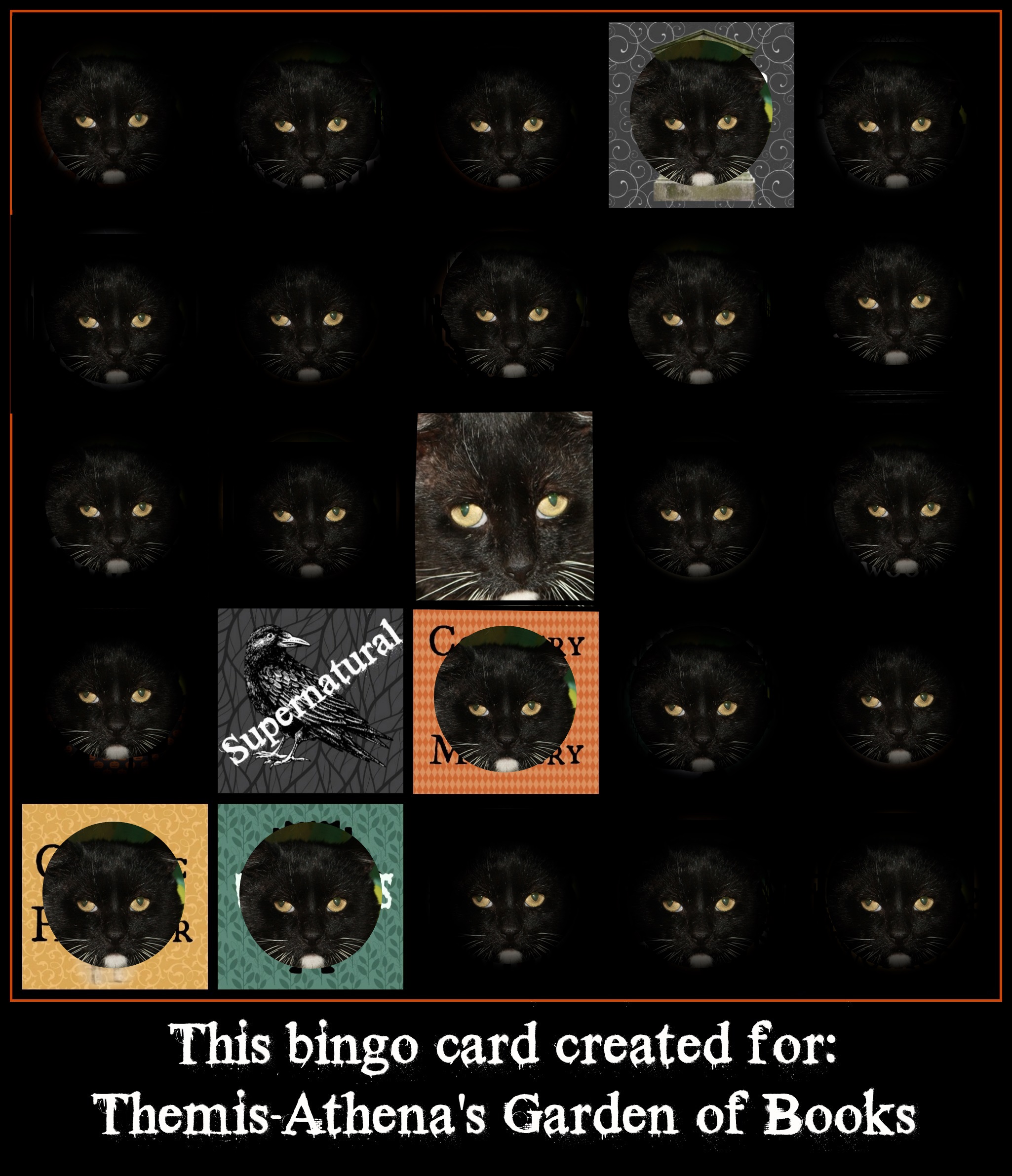
The "bingo" squares and books read:
Bingo No. 3:











Bingo No. 4:









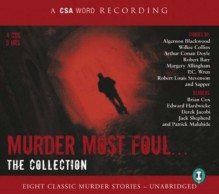

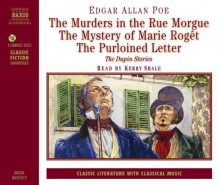



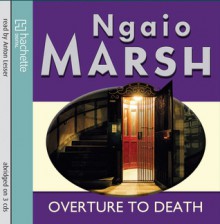

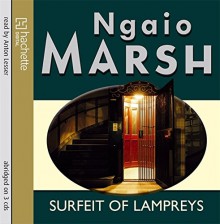

I'll have a double bingo in the wings once "Amateur Sleuth" is called, and more immediate bingos for "Classic Horror" and "Country House Mystery." Complete blackout should tumble in within the next 10 days or so, depending just how the remaining bingo calls come up. So, I'll be taking my time finishing my last bingo book, Sharyn McCrumb's She Walks These Hills -- there hardly seems to be any reason for a particular rush.
My Square Markers and "Virgin" Bingo Card:
"Virgin" card posted for ease of tracking and comparison.
![]()

Black Kitty:
Read but not called
![]()
Black Vignette:
Called but not read
![]() Black Kitty in Black Vignette:
Black Kitty in Black Vignette:
Read and Called
![]() Black Kitty Center Square:
Black Kitty Center Square:
Read = Called
Current Status of Spreadsheet:
(Note: Physical print editions unless stated otherwise)
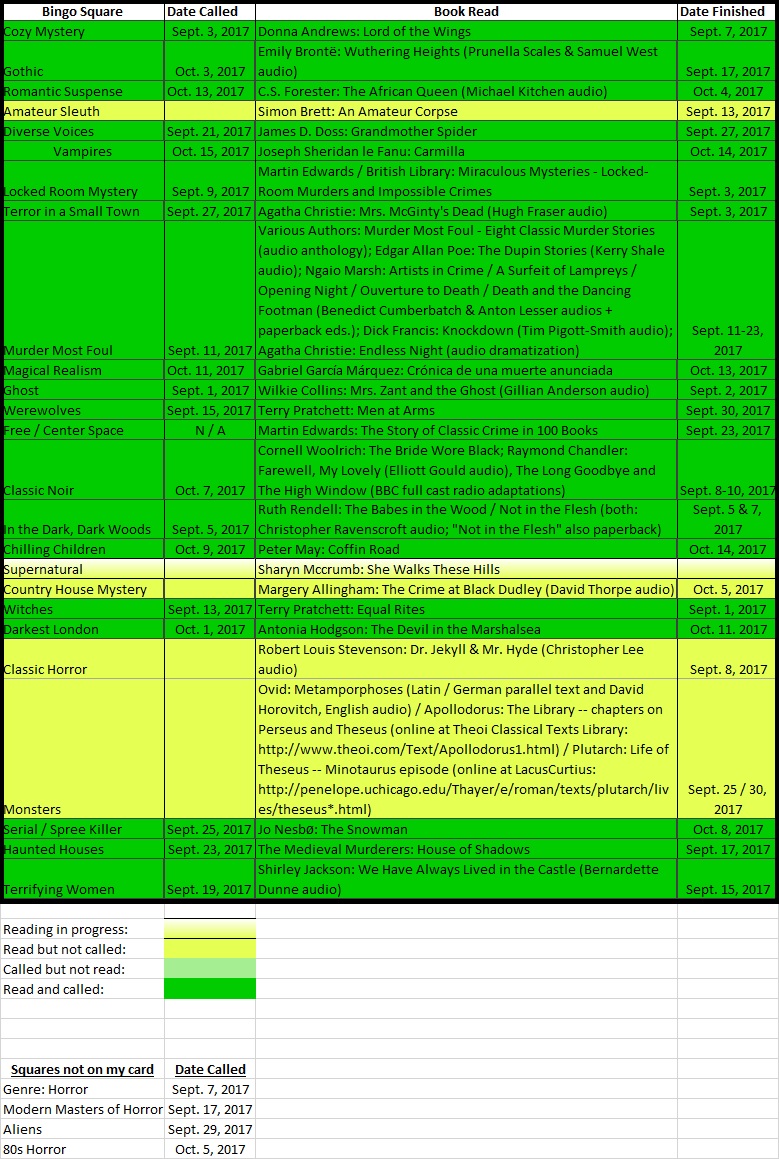
Books Read / Finished - Update 7:


Antonia Hodgson: The Devil in the Marshalsea![]()
Well, if this doesn't count for "Darkest London," then I don't know what will. Our narrator is tossed into the Marshalsea prison for being in debt to the tune of several months' salary -- a bit more than £20.00, which would have been a year's salary or more to the poorer classes, but our Tom is an academic (albeit one without a degree, having been thrown out of Oxford for disorderly behaviour), so he'd have reached higher ... instead of which, however, he has managed to drink and gamble it all away and then get himself robbed off the spoils when trying to win it back by turning a lucky card. Even though Tom, being perceived as a gentleman, is spared the ultimate humiliation of being locked away on the Common Side of the prison (where conditions are sub-human and jail fever or some other form of death would be his certain fate in a matter of days or weeks; months at best), even the so-called "Master's Side" -- where Tom ends up -- is a cut-throat place ruled by the diabolical whims of the prison governor and his brutal turnkeys, where your life and health is only worth as much as you are able to pay for them, and where you'll find yourself deprived of either quicker than you can count to three if you're stupid enough to trust even a single person.
To top it all off, Tom is given a choice of sharing either a putrid cell with a man dying of the pox for a cell-mate or occupying the bed of a recently-murdered man and sharing a cell with the man perceived as the most dangerous of all the inmates on the "Master's Side," nicknamed "the Devil" by the other prisoners ... only to be then clandestinely tasked in short order to investigate the murder of the former occupant of his bed as a price for being released from prison.
Antonia Hodgson certainly has a way with words and with building the atmosphere of a place, and I do believe she has done her research thoroughly. I nevertheless didn't take to this book wholeheartedly; in no small part because -- aside from Kitty, a kitchen maid whom Tom meets in the Marshalsea -- I didn't find anybody I could truly empathize with; and that most definitely includes Tom himself.
(show spoiler)I've got the next two books of the series on my TBR and I'm going to leave them there for the time being -- I won't rule out that I am going to return to them at a later point after all. It likely will not be anytime soon, however.


Gabriel García Márquez: Crónica de una muerte anunciada
(Chronicle of a Death Foretold)![]()
I read this book in Spanish and I am glad I did -- based on the translation of the title alone, I don't know how many other subletlies I might have missed if I had gone for a translated version. García Márquez's novella deals with an honor killing, and beyond what is implied in the book's English title, the resulting death is one that is both "foretold" (namely, in a dream) and blatantly announced by the would-be murderers, to all and sundry but to the victim himself. -- At the beginning of the book, the murder has already happened, and the story is told circuitously in reverse, leading up to an almost surreal, slow-motion pacing in the minutes before the actual killing, when fate, circumstances, cowardice, lethargy and ill luck conspire to see opportunity after opportunity to save the intended victim being missed.
In just over 100 pages, García Márquez employs pacing, perspective and contrasts (of perspective, plot elements, personalities, potential and actual murder weapons and much, much more) to deconstruct the society where the murder occurs -- a small coastal town in Columbia -- and its prevailing attitudes that excuse and justify the murder, a justice system unable to adequately deal with the crime, and of course the honor code that causes the murder to be committed in the first place. It's a gut-punching book as far away from Love in the Time of Cholera as it could possibly be and it's been sitting on my shelves unread for far too long -- I'm glad I finally did something about that.


Peter May: Coffin Road![]()
This book is billed as a stand-alone following May's Lewis Trilogy, but that's not actually quite correct, as the policeman from whose perspective part of the story is told (DS George Gunn) actually features in an important role in the Lewis Trilogy as well, and even the actual protagonist of that trilogy (Fin Macleod) and his girlfriend Marsailie are name-checked here.
That said, the book's primary protagonist is a gentleman who at the beginning of the book finds himself washed up on a beach in the Western part of Harris island (the two major northern Outer Hebrides islands, Harris and Lewis, for geographical and all practical purposes form a unity), wearing a life jacket and with not a clue to his own identity, which to recover henceforth obviously becomes his primary obsession. In a matter of days, he takes a boat trip to the Flannan Isles, a small group of islands some 30 miles west of Lewis (and double the distance, correspondingly from Harris), on the largest of which -- Eilean Mòr -- he
(show spoiler)
The book's second protagonist is an Edinburgh teenager at odds with herself and the world ever since her scientist father is believed to have committed suicide two years earlier, and who is trying to find out whether that is actually what happened (and if so, why), or if not, where he is.
I tremendously enjoyed the book; May is a phantastic writer who manages to make the Hebrides come alive in all their magic austerity time and again. Yet, this book has certain undeniable similarities to the first book of the Lewis Trilogy (The Blackhouse), which I read for last year's Halloween Bingo -- most notably, in that each book features a tiny, ocean-, wind- and rainswept island off the Outer Hebrides where the actual solution to the mystery haunting the hero is to be found, as well as contrasting narrative perspectives (first person present for the main protagonist, third person past tense for all other characters) -- and I also have to admit that loss-of-memory stories aren't my favorite type of mystery; chiefly because I never know with absolute certainty to what extent the described effects of the memory loss are in keeping with what is neurologically and psychologically / psychiatrically realistic. (Which isn't to say that I distrust Peter May's level of research into the issue; still, there's always the odd little detail that has me thinking, "wow, for purposes of storytelling it's certainly convenient that he should [not] be able to remember this.")
(show spoiler)This all notwithstanding, however, I'm glad I've taken another, albeit "only" literary trip to the Hebrides -- and not just Harris and Lewis, either; some small parts of the book are also set on the Western Scottish mainland, just south of an area I particularly love, as well as on the Isle of Skye ... from where a couple of the story's characters take the early morning ferry to Harris, which is exactly what I did a few years ago, so this part of the book evoked a whole lot of memories as well.



Eilean Mòr, Flannan Isles: The lighthouse, chapel of St. Flannan and erstwhile rail tracks leading up to the lighthouse from the mooring place -- the novel's key Flannan Isles locations (photos from Wikipedia).



Leaving Uig (Isle of Skye) on the early morning ferry to Harris.
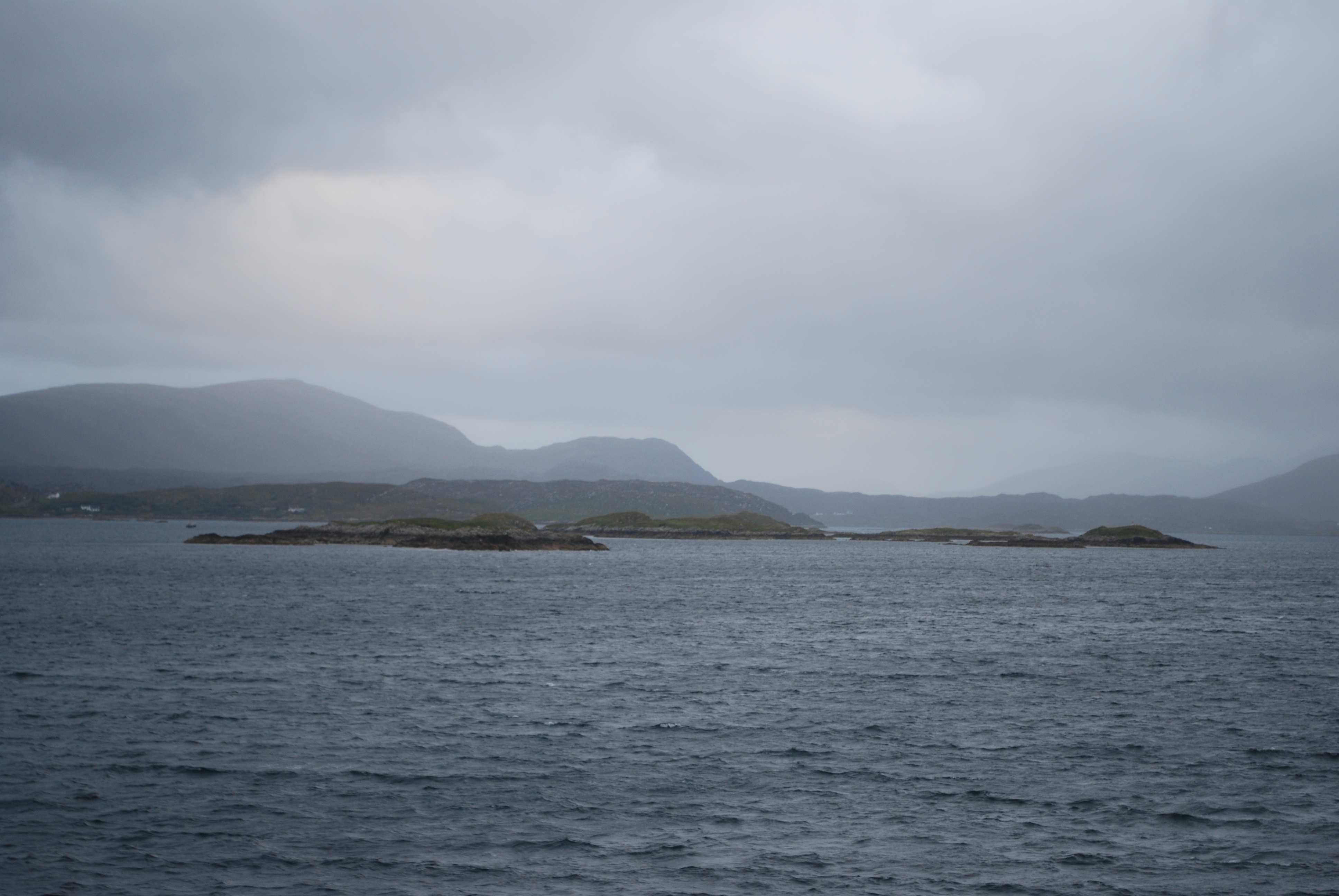
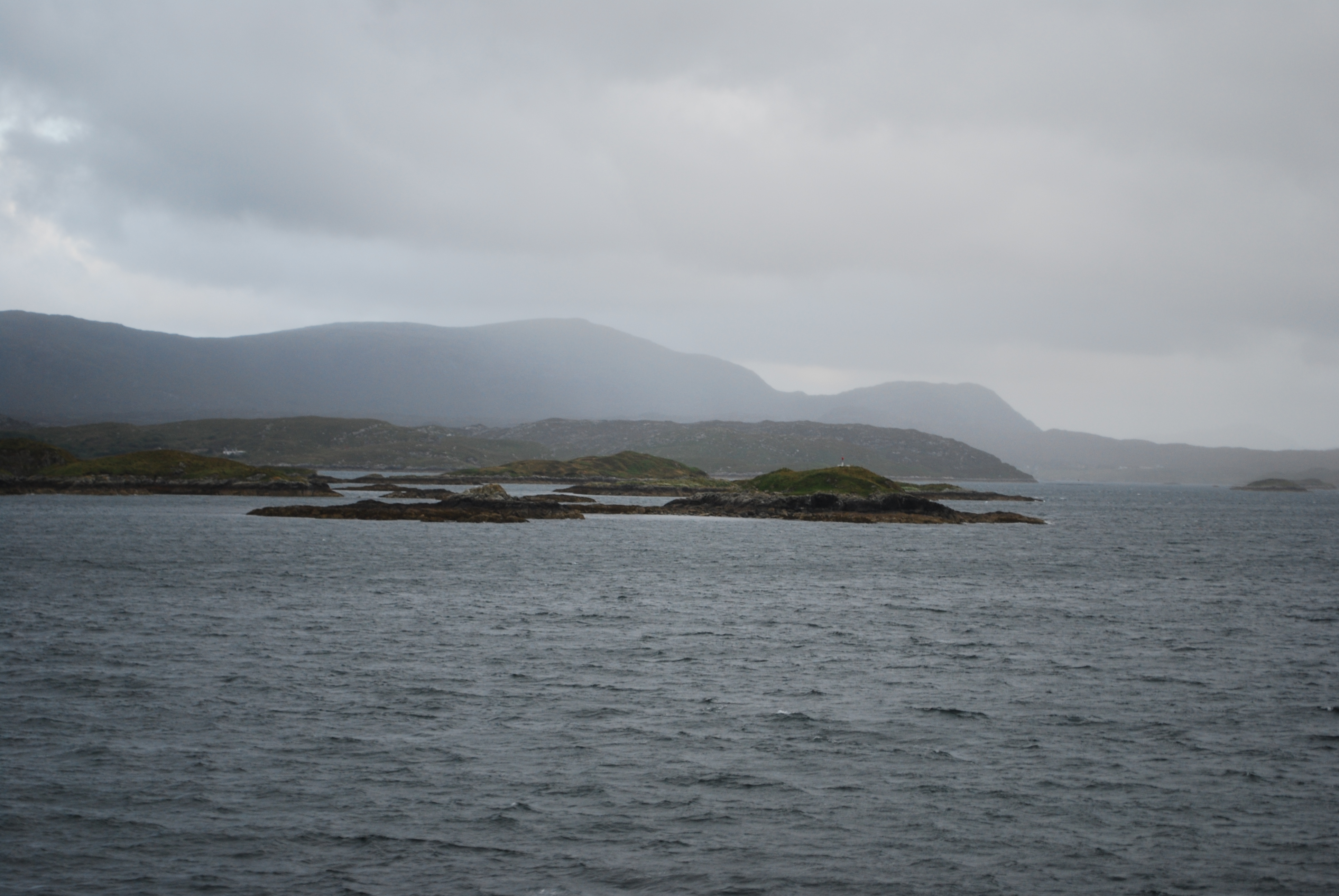
Harris Island: approach at dawn

The bridge connecting Harris and Lewis, from the sea.
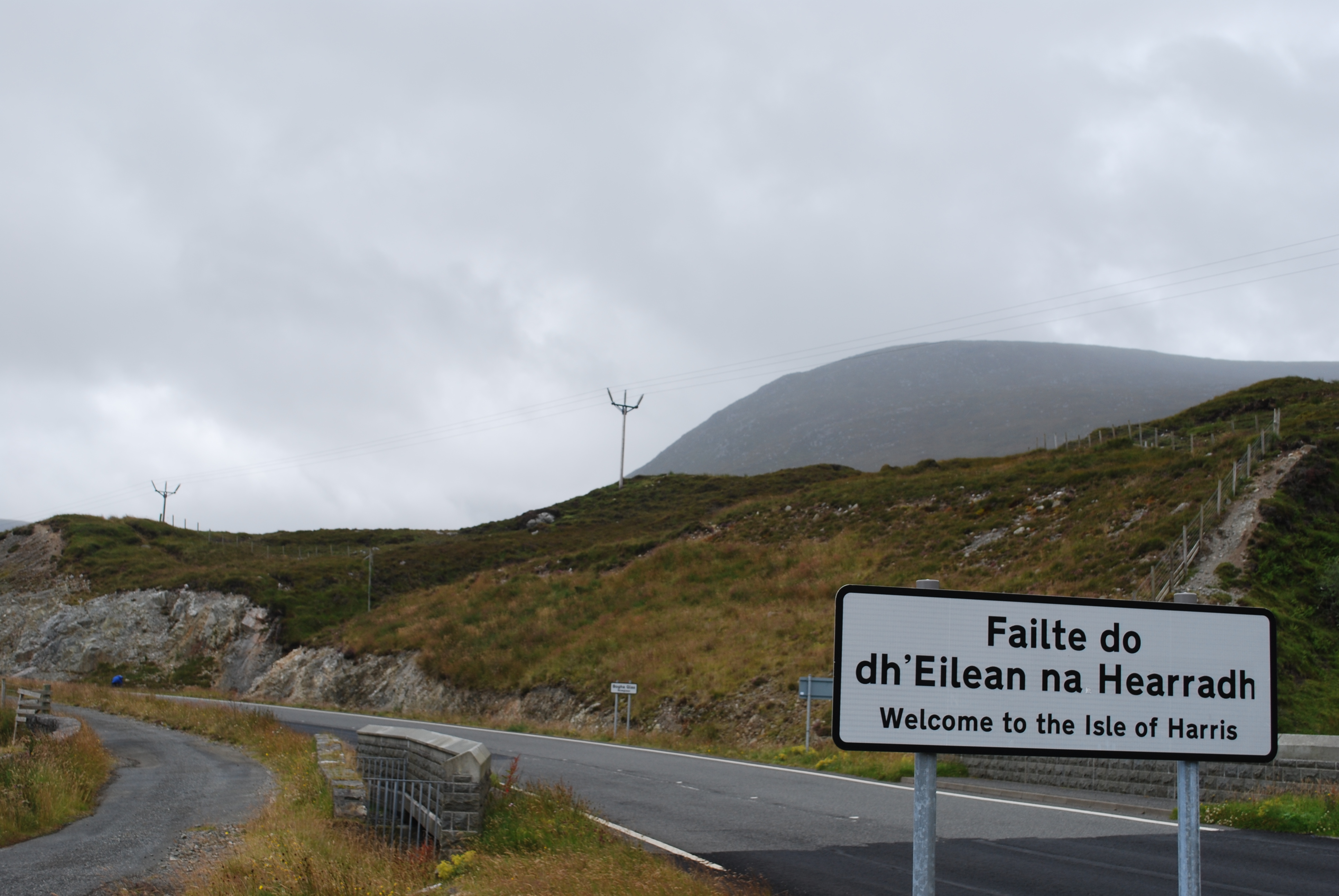


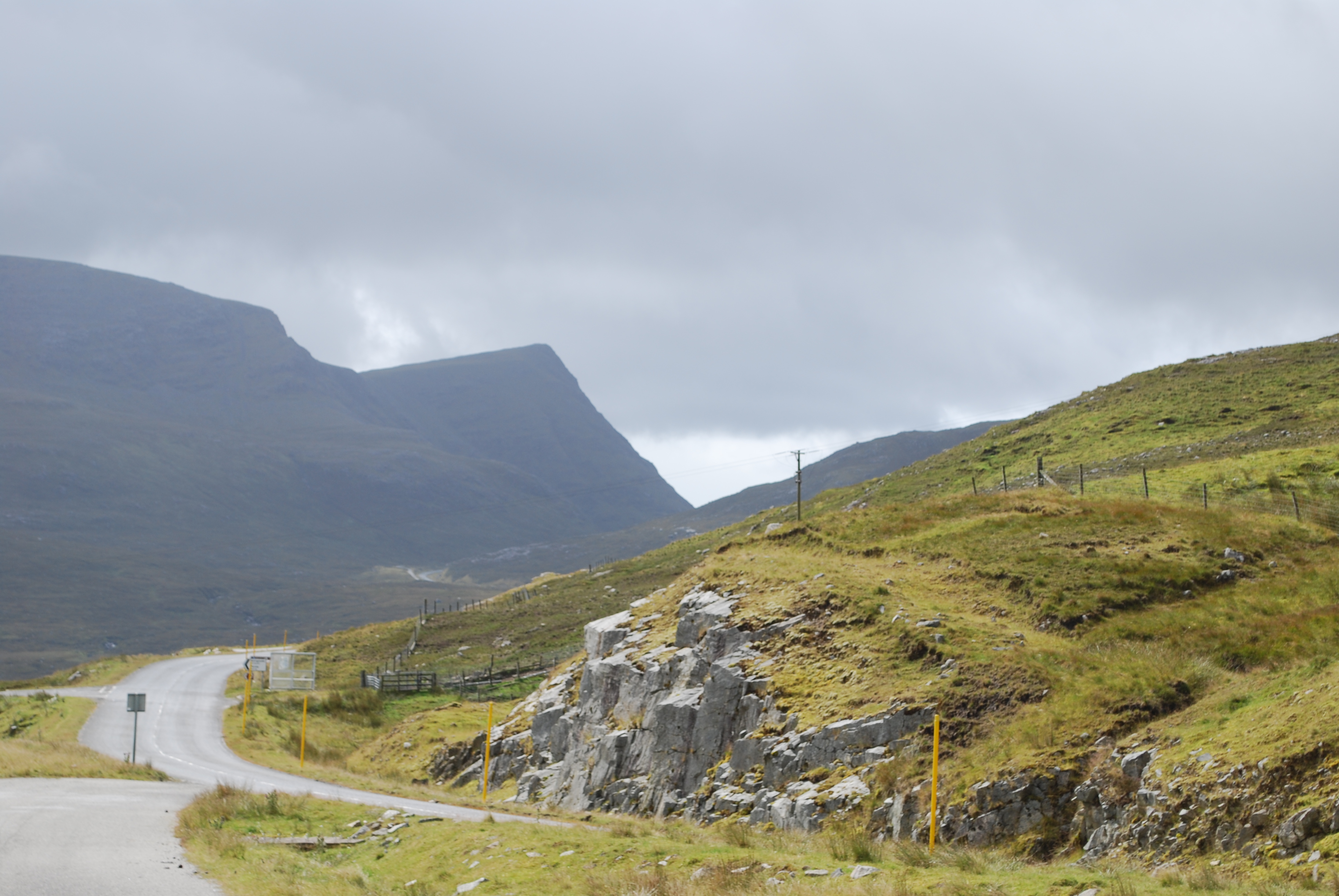
On Harris Island

Tabert, Harris -- the ferry back to Uig, Isle of Skye.
(Even the bright yellow railing is mentioned in May's novel ...)




Isle of Skye: Kyle of Lochalsh and Skye Bridge


Isle of Skye: Sligachan Old Bridge


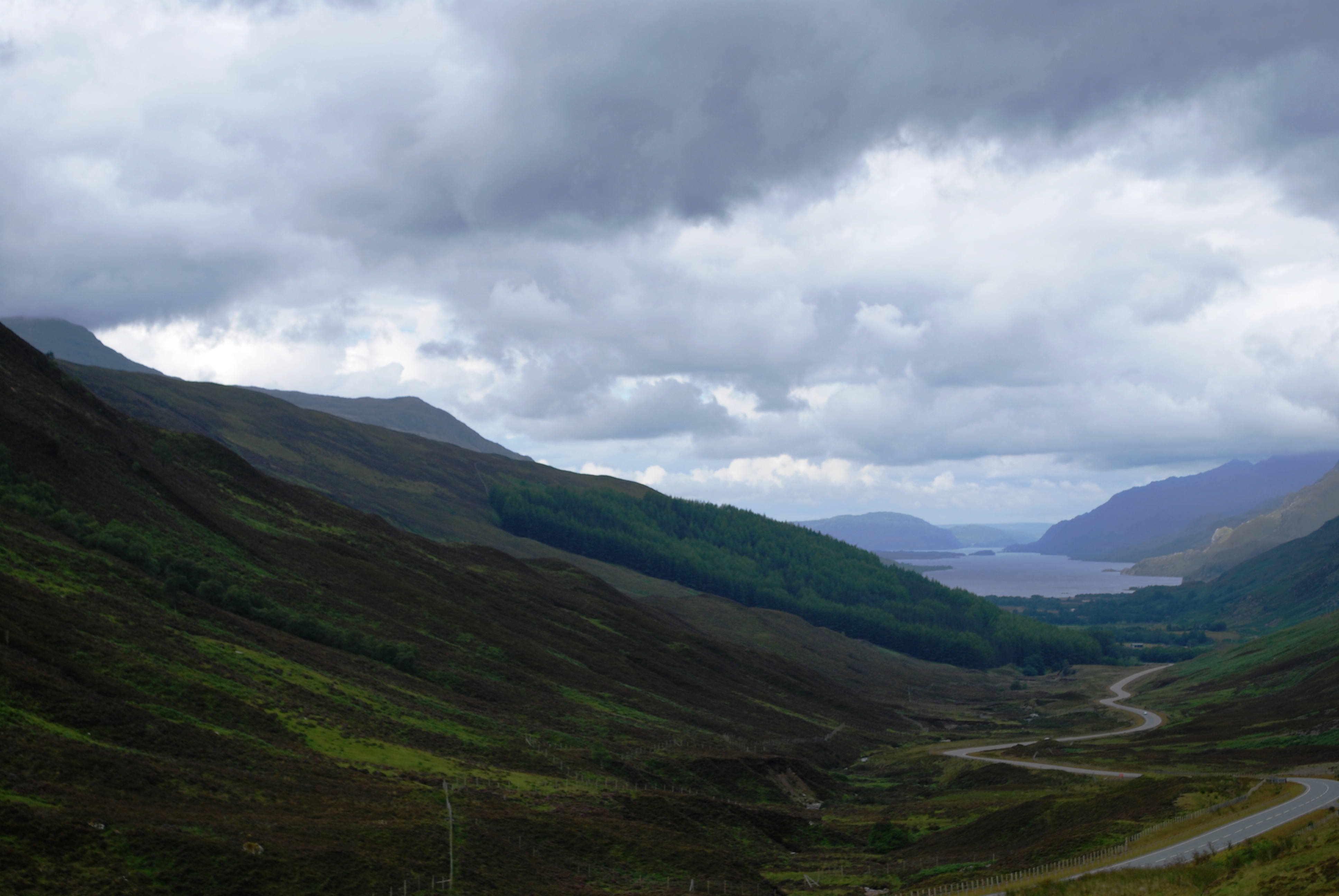
Western Scotland, near Achnasheen:
View towards the Torridon Mountains and Loch Maree
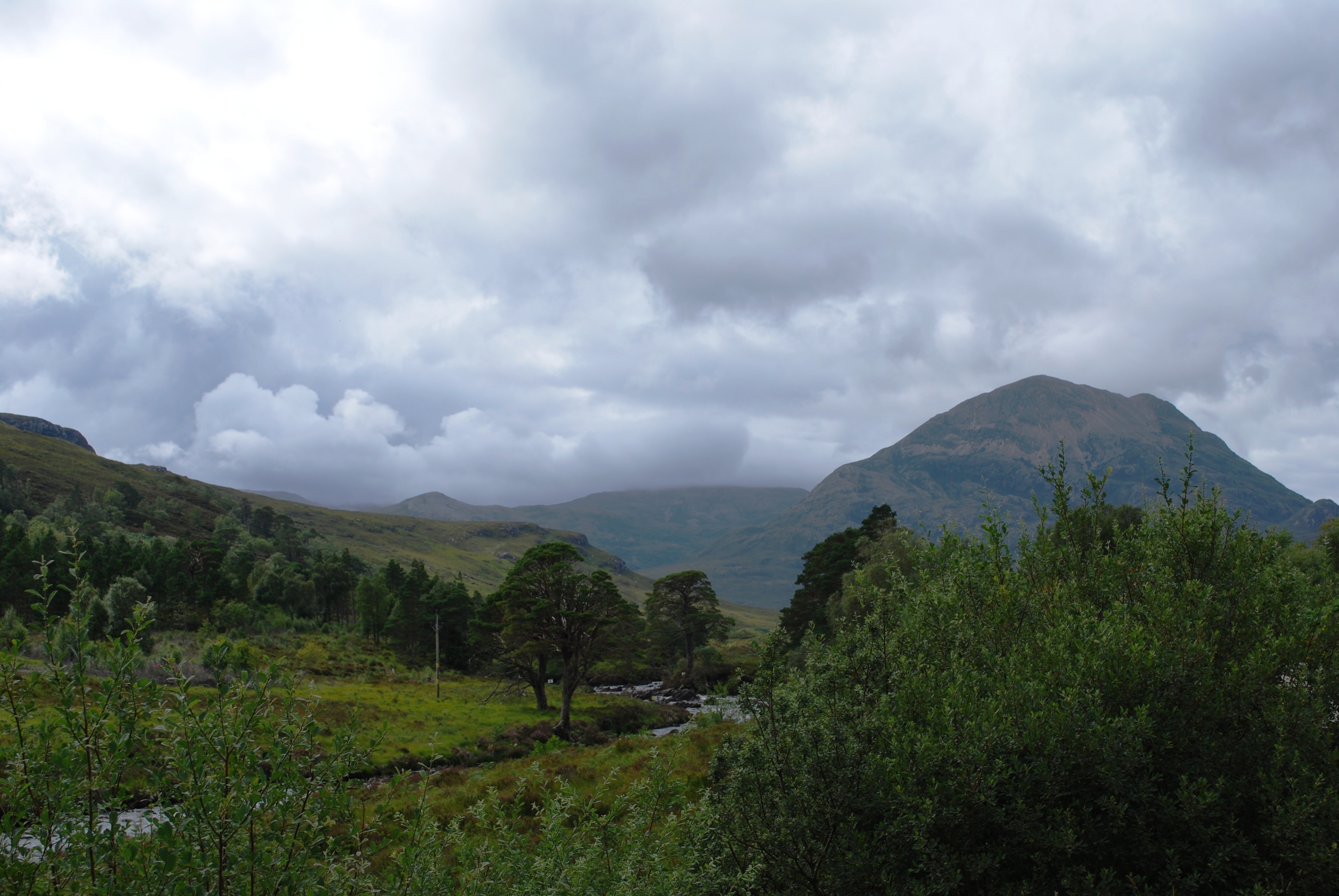

Western Scotland: in the Torridon Mountains, near Kinlochewe


Western Scotland, Applecross Peninsula: view of the Isle of Skye






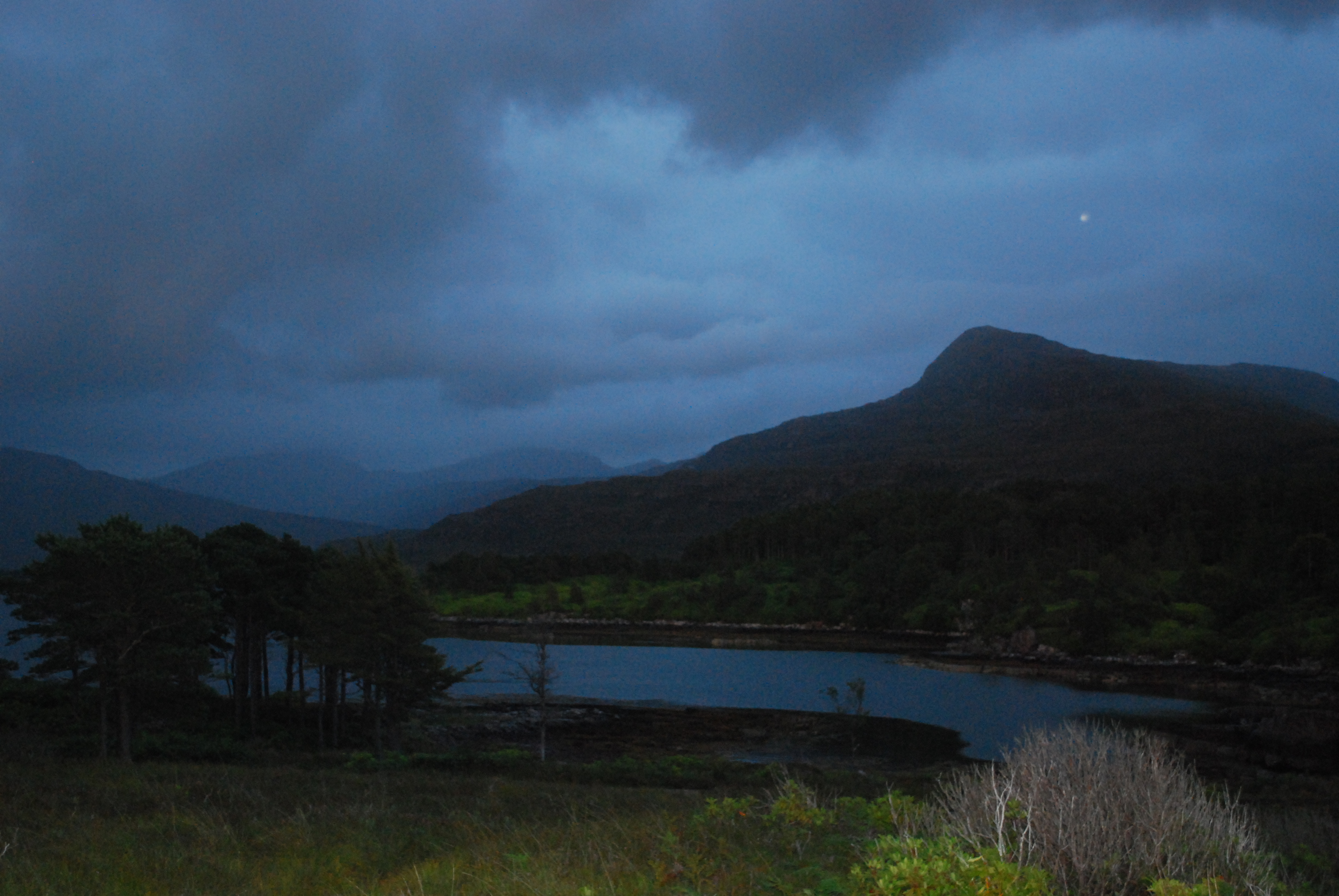

Western Scotland: Sunset on Loch Torridon
(all photos of Harris, Skye and the Western Scottish mainland mine)


Joseph Sheridan Le Fanu: Carmilla![]()
I'd never read anything by Sheridan Le Fanu, even though In a Glass Darkly -- the short story collection which includes Carmilla -- has been sitting on my TBR for a minor eternity ... no pun intended. So when Carmilla was picked as the "Classic Horror" group read, I made a snap decision to jump in and join, though I'm using this read for my card's "Vampire" square.
Carmilla predates Bram Stoker's Dracula by 25 years, and either both authors were equally inspired by the Romanian "Count Drácul" myth and its mountain setting or Stoker took a page and a half out of Sheridan Le Fanu's book. Certainly, both vampires have similar attributes; not least their ability to shape-shift into a large mammal (a cat in Carmilla's case, a dog in Dracula's), which makes me wonder to what extent vampire and werewolf lore have common roots as well; and in both stories, ultimately a "vampire expert" is consulted and helps bring about the destruction of the vampire, strictly according to the rule book ... a stake through the heart coupled with a beheading.
Yet, Sheridan Le Fanu's story doesn't begin to come close to Stoker's in terms of atmosphere, and while Stoker's Jonathan Harker does acctually seek (and barely manage) to flee once he's clued into who his host is, Carmilla's hosts -- father and daughter alike -- keep wandering about with their eyes wide shut until it's almost too late, and have to be made wise by a friend who made the same mistake at the cost of his young ward's life. Sheridan Le Fanu may have intended this approach as a concession to his readers' expected attitude ("well, really, there is no such thing as vampires"), but Stoker convincingly shows that if you're writing a book about supernatural monsters, there just comes a point where you have to kiss that attitude goodbye, and the more brutally and straightforward you do it, the more convincing it will ultimately come across. (Heck, even Anne Rice managed that one better in Interview With the Vampire.)
That all being said, I'll likely go on to read the rest of In a Glass Darkly, too, even though probably in bits and pieces and not all in a single go.
Currently Reading:


First Bingo (Update 3 -- Sept. 23, 2017): Squares and Books Read:
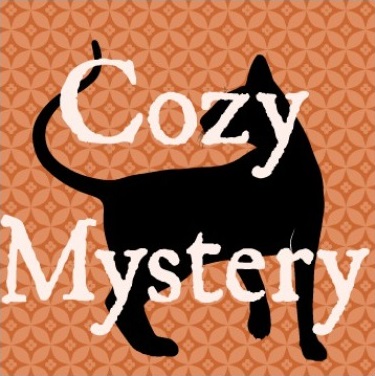

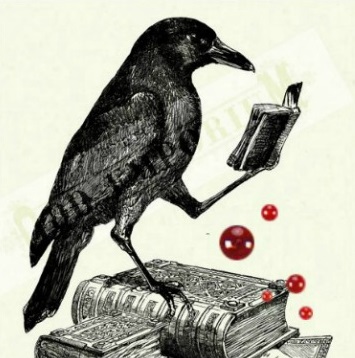







Second Bingo (Update 5 -- Oct. 7, 2017): Squares and Books Read:



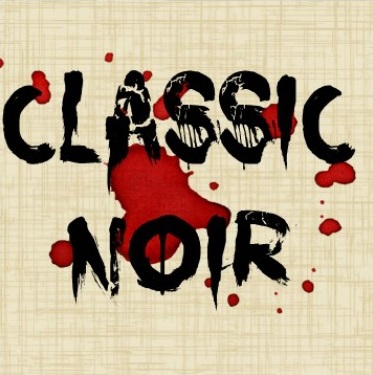




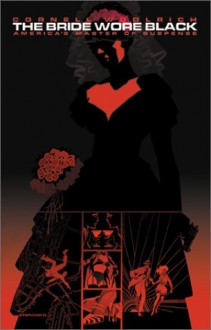





Books Read / Listened to - Update 1:


![]()
Terry Pratchett: Equal Rites


![]()
Wilkie Collins: Mrs. Zant and the Ghost
(Gillian Anderson audio)


![]()
Martin Edwards / British Library:
Miraculous Mysteries - Locked-Room Murders and Impossible Crimes


![]()
Agatha Christie: Mrs. McGinty's Dead
(Hugh Fraser audio)
Books Read / Listened to - Update 2:


![]()
Donna Andrews: Lord of the Wings




Ruth Rendell:
The Babes in the Wood![]()
& Not in the Flesh
![]()


Robert Louis Stevenson: Dr. Jekyll & Mr. Hyde





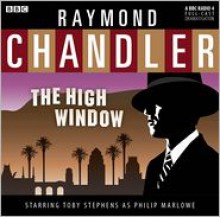
Cornell Woolrich: The Bride Wore Black
![]()
Raymond Chandler:
Farewell, My Lovely

The Long Goodbye![]()
The High Window![]()
Books Read / Listened to - Update 3:


Martin Edwards: The Story of Classic Crime in 100 Books![]()


Emily Brontë: Wuthering Heights
(Prunella Scales & Samuel West audio)![]()


Simon Brett: An Amateur Corpse ![]()


The Medieval Murderers: House of Shadows![]()


Shirley Jackson: We Have Always Lived in the Castle
(Bernadette Dunne audio)![]()





Murder Most Foul (Anthology)
![]()
Edgar Allan Poe: The Dupin Stories -- The Murders in the Rue Morgue / The Mystery of Marie Rogêt / The Purloined Letter
(Kerry Shale audio)![]()
Agatha Christie: Endless Night
(BBC full cast dramatization)![]()
Dick Francis: Knockdown (Tim Pigott-Smith audio)![]()









Ngaio Marsh:
Artists in Crime (Benedict Cumberbatch audio)
![]() Overture to Death (Anton Lesser audio)
Overture to Death (Anton Lesser audio)
![]()
Death and the Dancing Footman (Anton Lesser audio)![]()
Surfet of Lampreys (Anton Lesser audio)
![]() Opening Night (aka Night at the Vulcan) (Anton Lesser audio)
Opening Night (aka Night at the Vulcan) (Anton Lesser audio)
![]()
Books Read / Listened to - Update 4:


James D. Doss: Grandmother Spider



Terry Pratchett: Men at Arms![]()

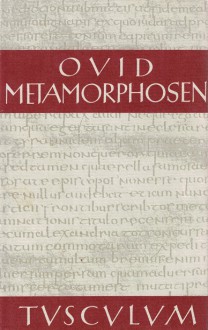



Ovid: Metamorphoses
(German / Latin parallel print edition and David Horovitch audio)

Apollodorus: Library of Greek Mythology
Plutarch: Life of Theseus

Books Read / Listened to - Updates 5 & 6:


C.S. Forester: The African Queen![]()


Margery Allingham: The Crime at Black Dudley
(David Thorpe audio)
![]()


Jo Nesbø: The Snowman![]()
The Book Pool:

Most likely: Donna Andrews: Lord of the Wings
Alternatively:
* Diane Mott Davidson: Catering to Nobody
* One or more stories from Martin Greenberg's and Ed Gorman's (eds.) Cat Crimes
* ... or something by Lilian Jackson Braun

Most likely: Emily Brontë: Wuthering Heights
(audio return visit courtesy of either Michael Kitchen or Prunella Scales and Samuel West)
Alternatively:
* Wilkie Collins: The Woman In White
(audio version read by Nigel Anthony and Susan Jameson)
* Jane Austen: Northanger Abbey
(audio return visit courtesy of Anna Massey)
* Isak Dinesen: Seven Gothic Tales
* Carol Goodman: The Lake of Dead Languages
* ... or something by Daphne du Maurier
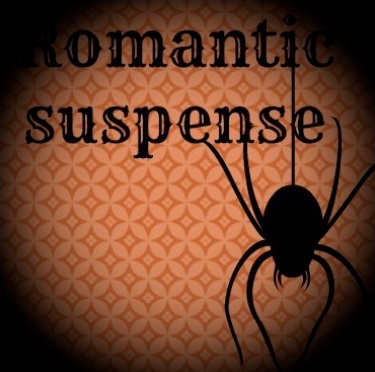 Candace Robb: The Apothecary Rose
Candace Robb: The Apothecary Rose
Change of plan:
C.S. Forester: The African Queen
 Most likely: Simon Brett: A book from a four-novel omibus edition including An Amateur Corpse, Star Trap, So Much Blood, and Cast, in Order of Disappearance
Most likely: Simon Brett: A book from a four-novel omibus edition including An Amateur Corpse, Star Trap, So Much Blood, and Cast, in Order of Disappearance
Alternatively:
* Georgette Heyer: Why Shoot a Butler?
* Margery Allingham: The Crime at Black Dudley
(audio version read by David Thorpe)
* Carol Goodman: The Lake of Dead Languages
* Minette Walters: The Shape of Snakes
 Most likely: Something from James D. Doss's Charlie Moon series (one of my great discoveries from last year's bingo)
Most likely: Something from James D. Doss's Charlie Moon series (one of my great discoveries from last year's bingo)
Or one of Walter Mosley's Easy Rawlins mysteries
Alternatively:
Sherman Alexie: Indian Killer
 Terry Pratchett: Carpe Jugulum
Terry Pratchett: Carpe Jugulum
Change of Plan:
Joseph Sheridan Le Fanu: Carmilla
 One or more stories from Martin Edwards's (ed.) and the British Library's Miraculous Mysteries: Locked-Room Murders and Impossible Crimes
One or more stories from Martin Edwards's (ed.) and the British Library's Miraculous Mysteries: Locked-Room Murders and Impossible Crimes
 Most likely: Agatha Christie: Mrs. McGinty's Dead
Most likely: Agatha Christie: Mrs. McGinty's Dead
(audio return visit courtesy of Hugh Fraser)
Or one or more stories from Martin Edwards's (ed.) and the British Library's Serpents in Eden: Countryside Crimes
Alternatively:
* Carol Goodman: The Lake of Dead Languages
* Josephine Tey: Brat Farrar, To Love and Be Wise, or The Singing Sands
* Georgette Heyer: Why Shoot a Butler?
* Peter May: The Lewis Man
* S.D. Sykes: Plague Land
* Arthur Conan Doyle: The Mystery of Cloomber
* Michael Jecks: The Devil's Acolyte
* Stephen Booth: Dancing with the Virgins
* Karen Maitland: The Owl Killers
* Martha Grimes: The End of the Pier
* Minette Walters: The Breaker
 One of two "Joker" Squares:
One of two "Joker" Squares:
To be filled in as my whimsy takes me (with apologies to Dorothy L. Sayers), either with one of the other mystery squares' alternate books, or with a murder mystery that doesn't meet any of the more specific squares' requirements. In going through my shelves, I found to my shame that I own several bingo cards' worth of books that would fill this square alone, some of them bought years ago ... clearly something needs to be done about that, even if it's one book at a time!
 Isabel Allende: Cuentos de Eva Luna (The Stories of Eva Luna) or
Isabel Allende: Cuentos de Eva Luna (The Stories of Eva Luna) or
Gabriel García Márquez: Crónica de una muerte anunciada (Chronicle of a Death Foretold)
 Most likely: One or more stories from Charles Dickens: Complete Ghost Stories or
Most likely: One or more stories from Charles Dickens: Complete Ghost Stories or
Sharyn McCrumb: She Walks These Hills
Alternatively:
* Wilkie Collins: Mrs. Zant and the Ghost
(Gillian Anderson audio)
* Stephen King: Bag of Bones
 Terry Pratchett: Men at Arms
Terry Pratchett: Men at Arms

Obviously and as per definition in the rules, the second "Joker" Square.
Equally as per definition, the possibles for this square also include my alternate reads for the non-mystery squares.

Most likely: Cornell Woolrich: The Bride Wore Black
Alternatively:
* Raymond Chandler: Farewell My Lovely or The Long Goodbye / The High Window
* James M. Cain: Mildred Pierce
* Horace McCoy: They Shoot Horses, Don't They?
* David Goodis: Shoot the Piano Player or Dark Passage
* ... or something else by Cornell Woolrich, e.g., Phantom Lady or I Married a Dead Man
 Most likely: Ruth Rendell: Not in the Flesh or The Babes in the Wood (audio versions read by Christopher Ravenscroft, aka Inspector Burden in the TV series)
Most likely: Ruth Rendell: Not in the Flesh or The Babes in the Wood (audio versions read by Christopher Ravenscroft, aka Inspector Burden in the TV series)
Alternatively:
* Carol Goodman: The Lake of Dead Languages
* Sharyn McCrumb: She Walks These Hills

Most likely: Peter May: Coffin Road
Alternatively:
* Stephen King: Bag of Bones or Hearts in Atlantis
* Denise Mina: Field of Blood
* Carol Goodman: The Lake of Dead Languages
* Minette Walters: The Breaker
* Jonathan Kellerman: When The Bough Breaks, Time Bomb, Blood Test, or Billy Straight
* Greg Iles: 24 Hours

Most likely: Sharyn McCrumb: She Walks These Hills
Alternatively:
* Karen Maitland: The Owl Killers
* Greg Iles: Sleep No More
 Most likely: Margery Allingham: The Crime at Black Dudley
Most likely: Margery Allingham: The Crime at Black Dudley
(audio version read by David Thorpe)
Alternatively:
* One or more stories from Martin Edwards's (ed.) and the British Library's Murder at the Manor: Country House Mysteries
* Georgette Heyer: They Found Him Dead
* Ellis Peters: Black is the Colour of My True-Love's Heart

Most likely: Something from Terry Pratchett's Discworld / Witches subseries -- either Equal Rites or Maskerade
Alternatively:
* Karen Maitland: The Owl Killers
* Shirley Jackson: The Witchcraft of Salem Village
 Most likely: Antonia Hodgson: The Devil in the Marshalsea
Most likely: Antonia Hodgson: The Devil in the Marshalsea
Alternatively:
* Rory Clements: Martyr
* Philip Gooden: Sleep of Death
* Minette Walters: The Shape of Snakes
* Ngaio Marsh: Death in Ecstasy
* One or more stories from Martin Edwards's (ed.) and the British Library's Capital Crimes: London Mysteries
 Most likely: Robert Louis Stevenson: The Strange Case of Dr. Jekyll and Mr. Hyde
Most likely: Robert Louis Stevenson: The Strange Case of Dr. Jekyll and Mr. Hyde
(audio return visit courtesy of Sir Christopher Lee)
Alternatively:
* H.G. Wells: The Island of Dr. Moreau
* ... or something by Edgar Allan Poe
 Most likely: Something from Ovid's Metamorphoses
Most likely: Something from Ovid's Metamorphoses
Alternatively:
* Robert Louis Stevenson: The Bottle Imp
* Christina Rossetti: Goblin Market
* H.G. Wells: The Island of Dr. Moreau

Most likely: Jo Nesbø: The Snowman
Alternatively:
* Val McDermid: The Retribution
* Denise Mina: Sanctum
* Mo Hayder: Birdman
* Caleb Carr: The Alienist
* Jonathan Kellerman: The Butcher's Theater
* Greg Iles: Mortal Fear

Most likely: The Medieval Murderers: House of Shadows
or Hill of Bones
Alternatively:
* Sharyn McCrumb: She Walks These Hills
* Shirley Jackson: The Haunting of Hill House
* Stephen King: Bag of Bones
* Carol Goodman: The Lake of Dead Languages
* Michael Jecks: The Devil's Acolyte

Ooohhh, you know -- something by Shirley Jackson ... if I don't wimp out in the end; otherwise something by Daphne du Maurier.













 10
10  5
5 